According to experts, the US reciprocal tax is an unprecedented and very rare situation. The consequences cannot be fully assessed because it not only affects businesses directly exporting to the US market, but also the related ecosystem such as raw material suppliers, processing units, logistics, finance, investment environment, workers' income, etc. will also be affected. Increased production costs and disrupted supply chains will be major challenges in the coming time.
The US reciprocal tax policy has been suspended for 90 days and the country is conducting negotiations with each country. The Vietnamese government, ministries, sectors and localities are making efforts and urgently consulting with experts, relevant industries and businesses.
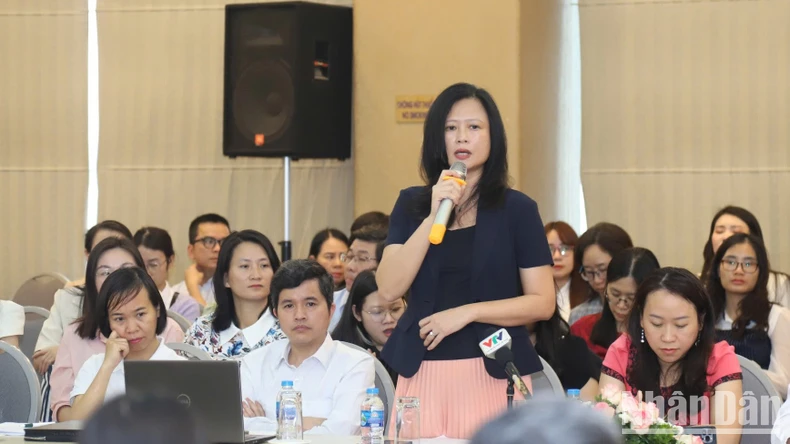
Ms. Nguyen Viet Ha, representative of the American Chamber of Commerce in Hanoi (Amcham Hanoi) said that AmCham and the Vietnam Federation of Commerce and Industry (VCCI) are two organizations representing the Vietnamese and American business communities.
In particular, VCCI sent a letter to the US Secretary of Commerce to call on the Trump administration to temporarily suspend the imposition of reciprocal tariffs on Vietnam to avoid disrupting business operations, negatively affecting trade transactions and supply chain activities.
According to Ms. Ha's analysis, Vietnam needs to simultaneously implement policy groups including tariffs (reducing import taxes for 13 main groups of US goods entering Vietnam) and non-tariffs (value added tax policy, special consumption tax, types of licenses, standards, technical regulations, etc.) during the negotiation process to achieve the best results during the 90-day suspension period.
Regarding non-tariff policies, Ms. Ha specifically mentioned value-added tax and special consumption tax. According to her, policies to increase taxes or expand taxable subjects should be carefully considered and not issued during this time to stabilize the investment and business environment, support businesses to overcome difficulties and make tariff reduction policies with the United States truly meaningful.
To cope with the US reciprocal tax and continue to persistently achieve the growth target of 8% this year and double digits in the next period of 2026-2030, the Government and ministries and sectors have identified and supported economic development drivers with practical tax policies to "lend leniency" to the people and "nurture" revenue sources.
In that context, associations and businesses recommend that tax policies, including special consumption tax, should be carefully considered so as not to hinder economic growth momentum.
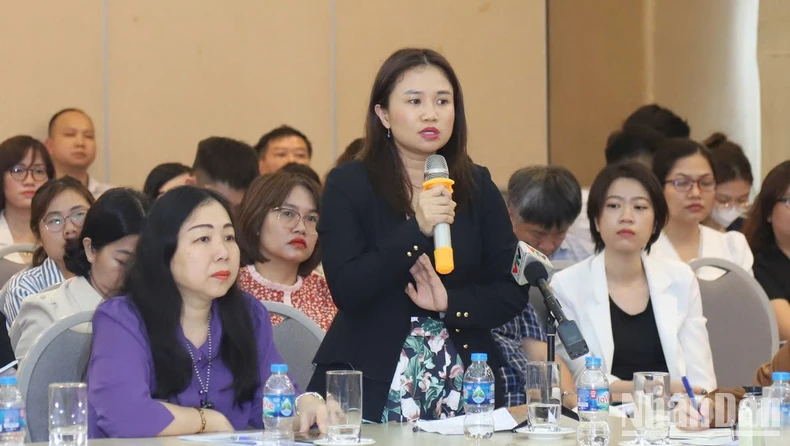
From the specific perspective of the industry, Ms. Chu Thi Van Anh, Vice President and General Secretary of the Vietnam Beer-Alcohol-Beverage Association (VBA), said that in reality, although the beverage industry is not directly affected by the US reciprocal tax policy like the other 11 industries, it is also affected indirectly and pervasively, especially domestic consumption and domestic investment.
In recent years, the beverage industry has faced many difficulties and challenges from global economic and trade impacts and at the same time from domestic difficulties such as the Covid-19 pandemic, restrictive policies and is under pressure from the draft Law on Special Consumption Tax (amended) with the proposal to add a new item, sugary soft drinks, to the list of subjects subject to special consumption tax.
Ms. Van Anh shared that VBA has sent recommendations to competent authorities with the hope that policy makers can review and analyze the impacts in a multi-dimensional and comprehensive manner, and at the same time consider not adding sugary soft drinks to the taxable objects to help businesses overcome difficulties, recover, maintain stability, especially in the current period to contribute to achieving the economic growth target set by the Government.
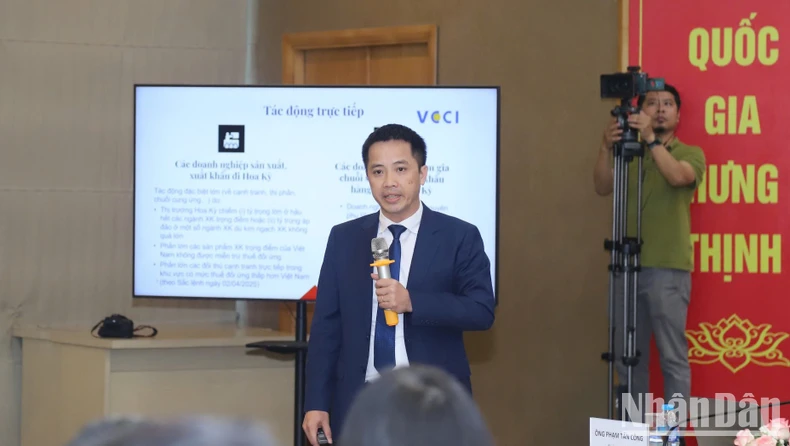
Sharing the same opinion, regarding special consumption tax, Mr. Dau Anh Tuan, Deputy General Secretary, Head of the Legal Department of VCCI also said that VCCI and associations have sent recommendations to relevant agencies to consider and review the extension, reduction and roadmap of special consumption tax for affected subjects, in which it is not advisable to expand and add sugary soft drinks to the taxable subjects to support businesses to overcome difficulties, gradually recover, and contribute to ensuring economic growth in the current complicated context.
He also shared the view that businesses themselves need to proactively grasp information and analyze to find the most effective and suitable solutions. At the same time, businesses also need to actively coordinate with associations and state agencies to share information, assess impacts and make proposals and recommendations.
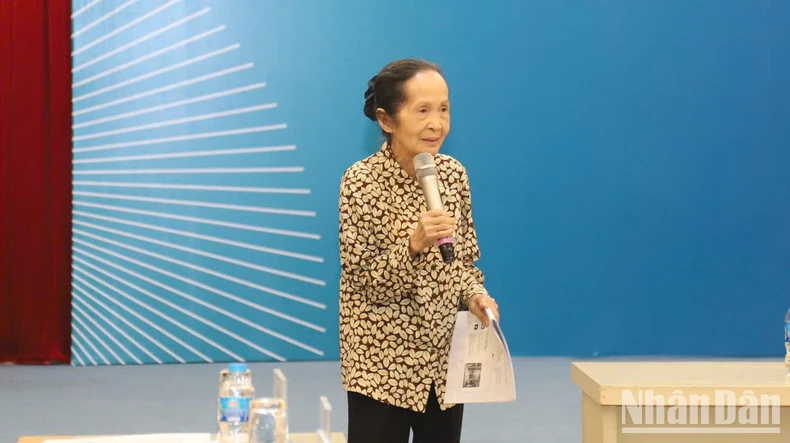
Also related to internal efforts, economic expert Pham Chi Lan said that this is a difficult time but also an opportunity, a time for Vietnam and businesses to "awaken", evaluate and promote internal resources to improve competitiveness, reduce dependence on external factors, overcome current difficulties and move towards sustainable development in the future.
Dieu Linh (According to nhandan.vn)
Source: http://baovinhphuc.com.vn/Multimedia/Images/Id/126985/Ung-pho-thue-doi-ung-Hoa-Ky-Doanh-nghiep-kien-nghi-can-giai-phap-linh-hoat-va-dong-bo


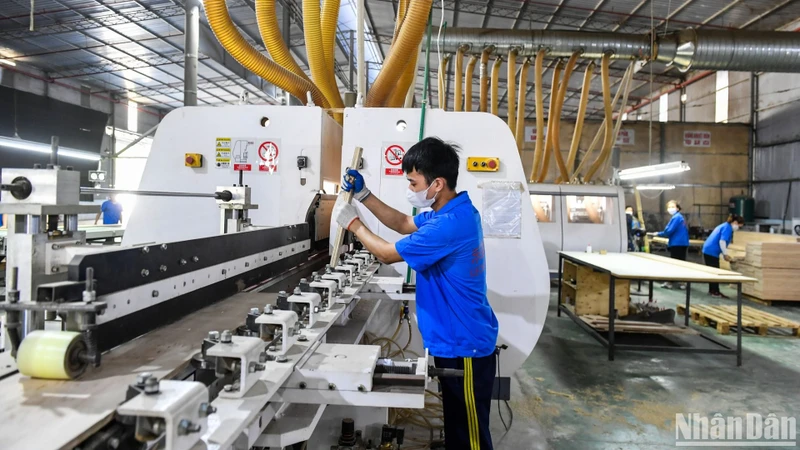
![[Photo] Prime Minister Pham Minh Chinh starts construction of vital highway through Thai Binh and Nam Dinh](https://vphoto.vietnam.vn/thumb/1200x675/vietnam/resource/IMAGE/2025/5/12/52d98584ccea4c8dbf7c7f7484433af5)

![[Photo] Prime Minister Pham Minh Chinh works with the Standing Committee of Thai Binh Provincial Party Committee](https://vphoto.vietnam.vn/thumb/1200x675/vietnam/resource/IMAGE/2025/5/12/f514ab990c544e05a446f77bba59c7d1)


![[Photo] Prime Minister Pham Minh Chinh receives Swedish Minister of International Development Cooperation and Foreign Trade](https://vphoto.vietnam.vn/thumb/1200x675/vietnam/resource/IMAGE/2025/5/12/ae50d0bb57584fd1bbe1cd77d9ad6d97)
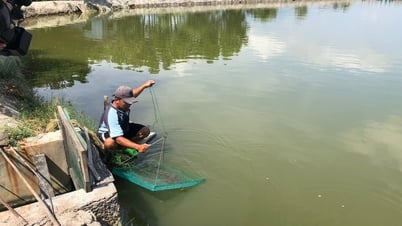

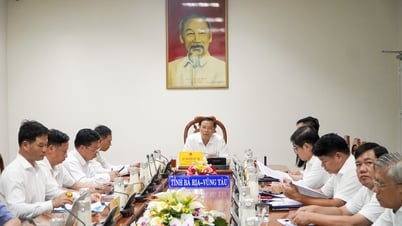
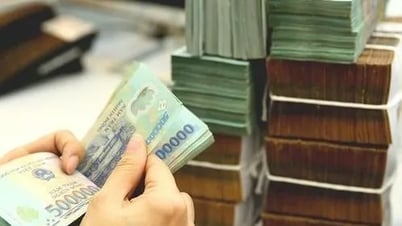









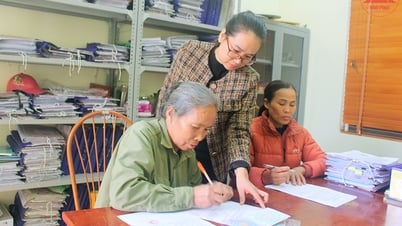
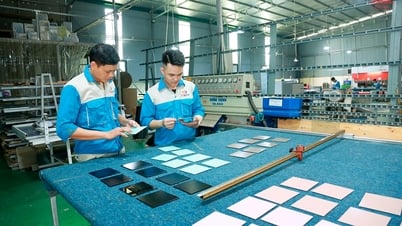
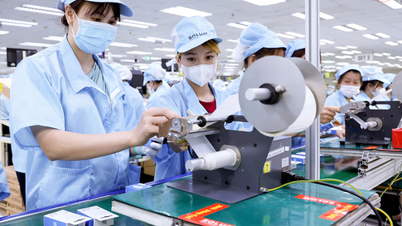






















































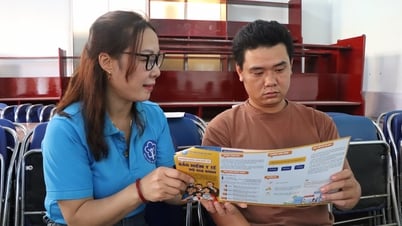












Comment (0)